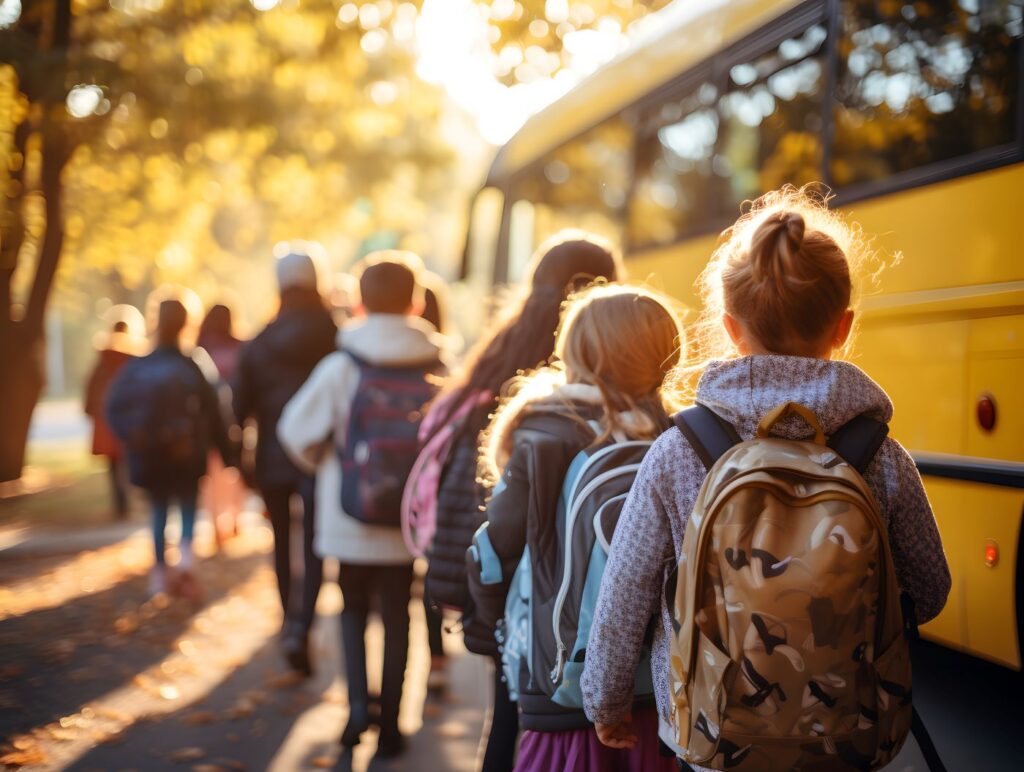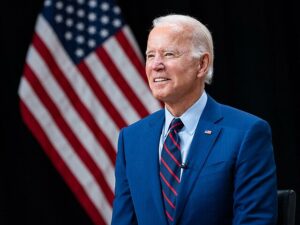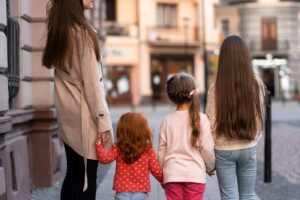September has been called the Other January: a time to reset, reorient, and start anew. My children are not yet school-aged and it’s been years since I’ve been in school myself, but I still draw energy from the cultural posture shift that comes with the cool front each year: a new disposition toward structure, toward groundedness. The relaxed routines and ample leisure time summer affords are good, but not in excess: we also need time for quiet, diligent, focused study.
Yet the fresh energy and focus that come with back-to-school season look different now than in generations past. Education now seems all about utility. All about forming us not into virtuous citizens but productive ones. We are pushed not to think, but to hyper-specialize, and as early as possible. With this shift comes intense pressure. Our study becomes less about fostering a love of learning and expanding our minds, and more about positioning ourselves in the market.
As a parent who will (eventually) need to pay a few college tuitions, I can’t deny that the prospect of a lucrative career for my sons, a return on our investment, sounds enormously appealing. But, is that all? If our ultimate goal as students, or as the parents who support them, is economic viability and financial solvency (with as little pain or suffering or toil as possible, many thanks now to AI tools), then, well, we’ve nailed it. But is something else lost? Something, perhaps, much greater? Much richer?
In recognition of schools starting around the country, we spent a great deal of time this month thinking about education, specifically, what authentic education for the whole person might look like in an age of tech-fueled shortcuts and the commodification of knowledge. Jennifer Newsome Martin reflects on the value of the liberal arts, making a case that the “queen of the sciences” could help us shift our perception of students as “autonomous subjects,” consumers, to whole persons in need of formation. Rachel Alexander Cambre presents classical education as a remedy to our loneliness epidemic. And Walter Sterling builds a compelling case for the study of the Great Books as a necessary component of a liberal education, one that pulls us outside ourselves by situating us in a greater, broader tradition.
Start your day with Public Discourse
Sign up and get our daily essays sent straight to your inbox.We also considered the cost of heavy reliance on technological tools that ease our educational efforts. In his essay on the hazards of AI in education, Michael R. Gonzalez urges us to consider the value of taking a more difficult path even when an easier one (we’re looking at you, ChatGPT) may be available. And Jeremy Adams posits that education is, in many ways, more about what happens around the dinner table than in the classroom.
Other Highlights from this Month
- Jonathan Den Hartog, “Civic Education for Two Cities”
- Peter C. Meilaender, “‘Liberal’ as an Adjective: The Politics of Michael Walzer”
- Nathaniel Peters, “Living Well at the End of a World”
Support Our Work
Public Discourse is completely free of charge to readers, which means we rely on the generosity of our donors. Please consider supporting our work.
From the Archives
On the topic of education, we recommend two pieces from our archives: Jessica Hooten Wilson’s powerful essay on the liberating power of the liberal arts, and Joshua Hochschild’s defense of critical race theory.
What We’re Reading Around the Web
Our contributing editors suggest the following as worth a click.
- Olivia Reingold, “The Dating Pool Dropouts,” The Free Press
- Arthur C. Brooks, “Three Myths and Four Truths About How to Get Happier,” The Atlantic
- Te-Ping Chen, “The Big Employer Still Adding Jobs and Boosting Pay: The Government,” The Wall Street Journal
Until next time, thanks for reading PD.
Alexandra Davis
Managing Editor
Public Domain Image Credit











